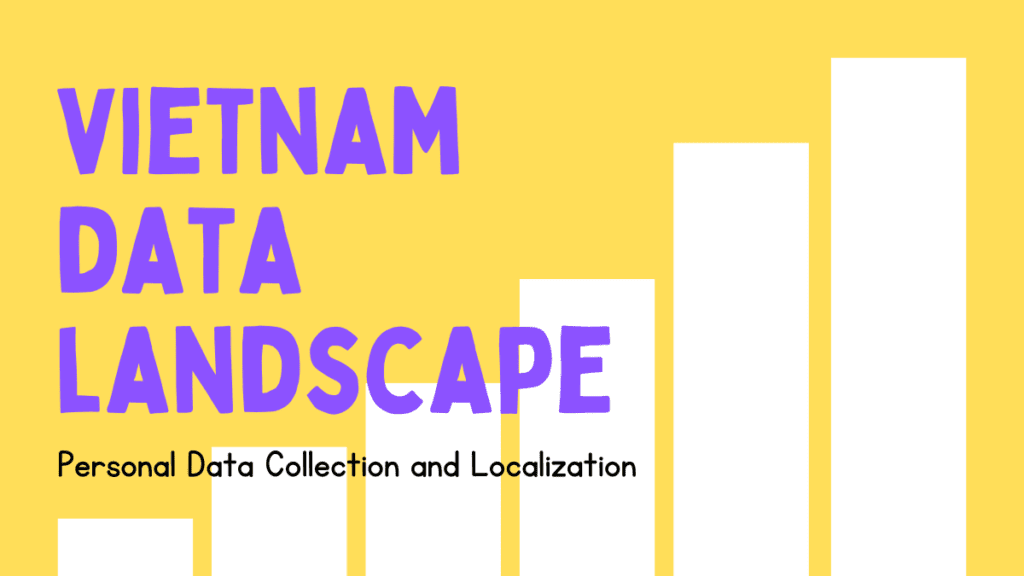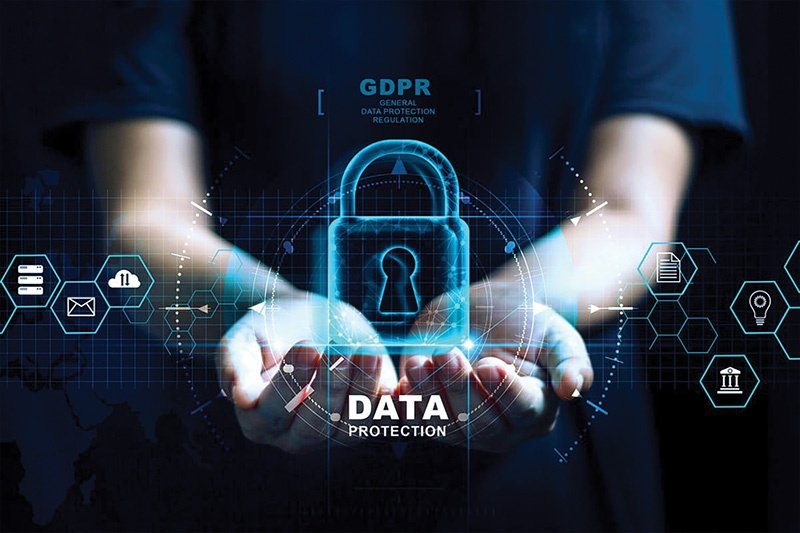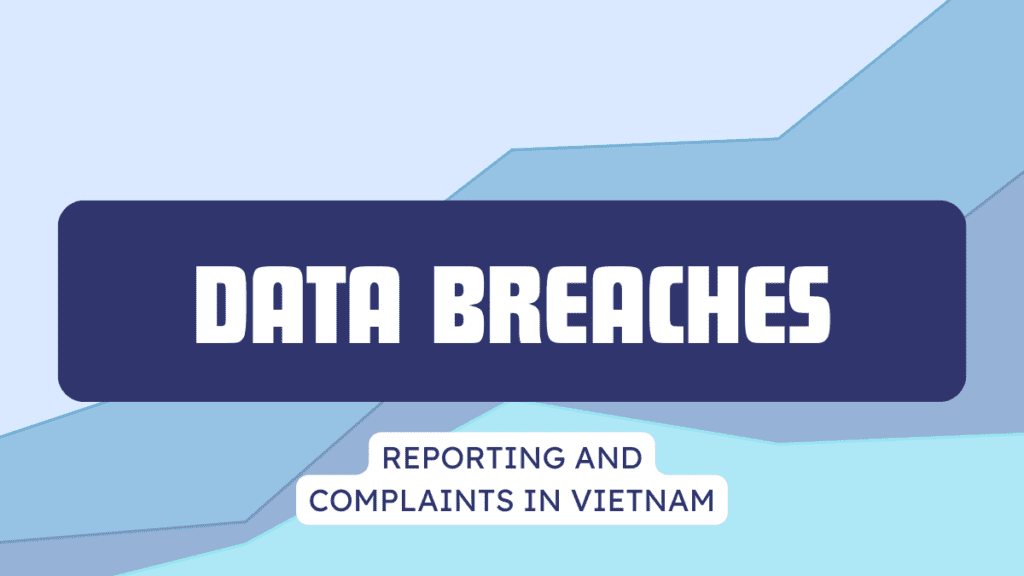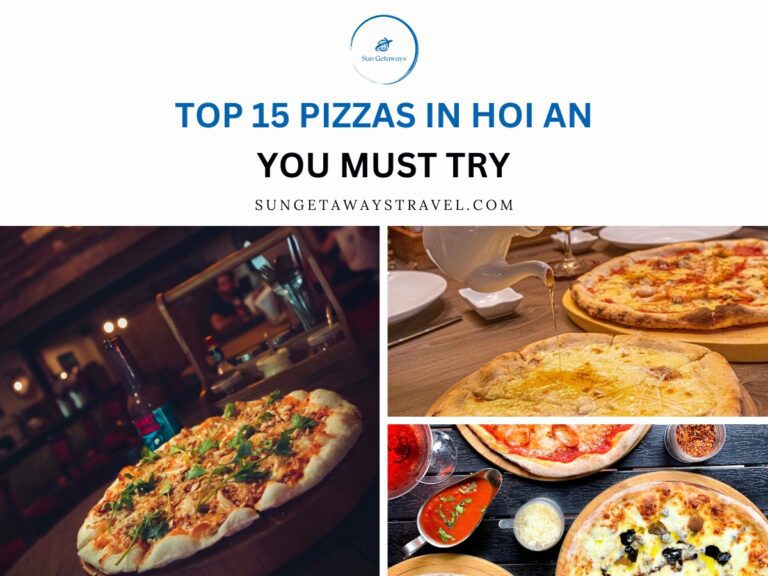Vietnam Data Protection: Protecting Your Personal Information
 huyhai
huyhai Traveling to a foreign country can be an exciting and enriching experience, but it’s essential to stay vigilant about your personal data and online privacy, especially in the digital age. As more people rely on smartphones, laptops, and other digital devices while traveling, concerns around data protection have become more pressing. This is especially true in countries like Vietnam, where rapid technological advancements and increased internet usage have raised questions about the safety of personal data in Vietnam and online privacy in Vietnam.
Whether you’re visiting for business, leisure, or any other reason, understanding how Vietnam data protection laws work, and how you can safeguard your personal information while navigating the country, is vital. In this article, we’ll explore key insights into data protection in Vietnam, offer practical tips on securing your personal data, and explain how you can protect your online privacy while traveling in Vietnam.
1. Understanding Vietnam’s Data Protection Landscape


Vietnam has made significant strides in digitalization in recent years, with a growing number of residents and tourists using digital services for everything from booking accommodations and tours to making payments and accessing social media. As with many countries, this rise in internet activity has led to concerns regarding personal data in Vietnam and how securely it is handled.
The Vietnamese government has taken steps to protect the privacy of individuals by enacting data protection laws, including the Personal Data Protection Law, which governs the handling of personal information. This law is designed to regulate how businesses, organizations, and even government agencies handle personal data and ensures that individuals’ privacy is respected.
Despite these regulations, it is still essential for tourists to stay informed and take their own precautions when it comes to data protection in Vietnam. While the law provides a framework, ensuring that your personal data in Vietnam is safe is ultimately your responsibility as a traveler.
💻 You can read more: Avoiding Online Scams in Vietnam: Tips for Staying Safe
2. Why Is Data Protection Important for Travelers in Vietnam?

As a tourist, your data is at risk every time you use a digital service. Whether you’re booking a hotel, making online payments, or sharing personal information through apps, the digital footprint you leave can be vulnerable to breaches, identity theft, or misuse. The same concerns apply when you’re traveling in Vietnam.
Here are a few reasons why online privacy in Vietnam is particularly important for travelers:
👉Increased Use of Public Wi-Fi Networks
One of the most significant risks to online privacy in Vietnam (and anywhere else in the world) is the use of unsecured public Wi-Fi networks. These are commonly found in airports, cafes, hotels, and other tourist hotspots. Public Wi-Fi networks are often not encrypted, which makes them an easy target for hackers to intercept your personal data.
👉Online Fraud and Phishing Scamsạng
Phishing scams, where fraudsters pose as legitimate organizations to steal your personal information, are rampant in many countries, including Vietnam. Unsuspecting tourists might be tricked into providing sensitive information, such as credit card details or login credentials, by clicking on fake emails, websites, or social media messages.
👉Data Sharing with Third-Party Services
While traveling, you may need to use various apps for navigation, translation, booking tours, or making payments. Many of these services ask for access to your location, contacts, and other personal data. It’s essential to understand how these third parties use and store your data, especially in a foreign country with potentially different privacy standards.
👉Local Regulations and Enforcement
While Vietnam has laws in place to protect personal data, enforcement can vary, and the country’s digital infrastructure is still developing. This means that, although Vietnam is improving its data protection laws, the enforcement and adherence to these laws might not always be as stringent as in other countries with more established privacy regulations.
💻 You can read more: Vietnam Online Safety: Tips to Stay Secure on the Internet
3. Tips for Protecting Your Personal Data in Vietnam


Now that you understand the potential risks, here are some practical steps you can take to protect your personal data in Vietnam and ensure online privacy while traveling:
👉Use a VPN for Secure Internet Access
A Virtual Private Network (VPN) encrypts your internet connection, making it more difficult for hackers to access your personal data. When using public Wi-Fi networks in Vietnam (or anywhere else), always connect to a VPN to ensure your internet traffic is secure. This will help protect your online privacy in Vietnam, particularly when accessing sensitive accounts or making online transactions.
👉 Avoid Using Public Wi-Fi for Financial Transactions
Public Wi-Fi networks, even if they are password-protected, can be insecure. To avoid exposing your credit card or bank details to potential hackers, always refrain from accessing your bank accounts or making financial transactions while connected to a public Wi-Fi network. Instead, use mobile data or wait until you can connect to a secure network.
👉Enable Two-Factor Authentication (2FA)
Enabling two-factor authentication on your accounts adds an extra layer of security. This is particularly important for your email, banking, and social media accounts. With 2FA enabled, even if a hacker gains access to your password, they won’t be able to access your account without the second factor (like a text message or authentication app).
👉Check App Permissions Before Installing
When downloading apps while in Vietnam, check the permissions they request. Some apps may ask for more personal information than necessary. For instance, a weather app might not need access to your contacts or photos. Always be cautious and only allow necessary permissions to protect your personal data in Vietnam.
Before your trip, be sure to read our practical guide on payments in Vietnam.
👉Use Strong and Unique Passwords
Make sure your passwords are strong and unique for each account. Avoid using easy-to-guess passwords like “123456” or your birthday. A password manager can help you generate and store complex passwords safely.
👉Avoid Clicking on Suspicious Links
Be cautious of unsolicited emails, SMS messages, or social media links that ask for personal information. Scammers may attempt to trick you into providing your login credentials or financial information. Always verify the legitimacy of a message before clicking on any links or downloading attachments.
👉Limit Data Sharing on Social Media
While social media can be a great way to share your experiences with friends and family, it’s also a potential goldmine for cybercriminals. Avoid sharing too much personal information on social media while traveling in Vietnam, especially your exact location or details about your accommodations. This can help safeguard your online privacy in Vietnam and prevent unnecessary risks.
👉Keep Your Devices Updated
Ensure that all of your devices—smartphone, laptop, tablet—are updated with the latest software patches and security fixes. Many updates contain important security improvements that can help protect your personal data from cyber threats.
💻 You can read more: Staying Safe Online in Vietnam: VPN, Cybersecurity & Data Protection
4. What to Do if You Experience a Data Breach in Vietnam


👉Identify the Breach
The first step is to determine the nature and extent of the breach:
- 📍What data was compromised? (e.g., financial information, customer details, personal identification data).
- 📍How did the breach occur? Common causes include phishing attacks, weak passwords, malware, or insider threats.
- 📍When did it happen? Time is critical in containing and mitigating the damage.
📍Pro Tip: Use cybersecurity tools to investigate the breach and analyze log files for unusual activity.
👉Contain the Breach
Once you’ve identified the breach, take immediate action to prevent further exposure:
- 📍Disconnect affected systems from networks.
- 📍Change all passwords for compromised accounts.
- 📍Revoke access for unauthorized users or accounts involved in the breach.
- 📍Quarantine malware if the breach was caused by a virus or spyware.
📍Pro Tip: Avoid deleting critical data or files related to the breach, as they may be needed for further investigation.
👉Notify Affected Parties
Under Vietnamese law, if personal or financial data has been compromised, you may be required to notify:
- 📍Affected individuals or customers: Inform them about the breach, what data was compromised, and how they can protect themselves.
- 📍Authorities: If the breach involves sensitive data, report it to relevant authorities like the Ministry of Information and Communications (MIC).
📍Pro Tip: Provide clear instructions to affected parties on steps they can take, such as monitoring accounts, changing passwords, or freezing credit.
👉Assess the Damage
Understand the impact of the breach:
- 📍Financial Loss: Evaluate any monetary impact or fraudulent transactions.
- 📍Reputation: Address potential damage to your brand or personal reputation.
- 📍Legal Exposure: Determine if you are liable for non-compliance with data protection laws, such as Vietnam’s Law on Cybersecurity.
📍Pro Tip: Consult legal counsel to understand your responsibilities and mitigate liability.
👉Strengthen Security Measures
To prevent future breaches, take the following steps:
- 📍Update security protocols: Install software patches and enable firewalls.
- 📍Conduct audits: Regularly check for vulnerabilities in your systems.
- 📍Educate employees: Train staff on best practices for cybersecurity.
- 📍Encrypt sensitive data: Ensure critical information is stored securely.
📍Pro Tip: Consider hiring a cybersecurity firm to conduct a full review and implement advanced protection measures.
👉Recover and Rebuild Trust
After addressing the breach, focus on rebuilding trust:
- 📍Be transparent: Share updates about actions taken to resolve the issue.
- 📍Offer support: Provide credit monitoring or identity theft protection services to affected customers if applicable.
- 📍Engage stakeholders: Communicate with employees, customers, and partners to reassure them of improved security.
📍Pro Tip: A prompt, honest response to a data breach can enhance your credibility despite the incident.
👉Stay Compliant with Vietnamese Laws
In Vietnam, data protection is governed by various laws, including:
- 📍Law on Cybersecurity: Governs the protection of sensitive data and network security.
- 📍Decree No. 72/2013/ND-CP: Covers the management and use of internet services.
Failure to comply with these laws may result in penalties. It’s essential to understand your obligations and take appropriate measures.
📍Pro Tip: Consult with local legal experts or cybersecurity consultants to ensure compliance with Vietnamese regulations.
🌟 If you need or want to explore some tours to Vietnam, you can explore some Vietnam tours below or contact us via WhatsApp or visit the Sun Getaways Travel Fanpage.
5. Conclusion
As a tourist, ensuring the security of your personal data in Vietnam is a key part of enjoying your trip with peace of mind. By following the tips above, you can significantly reduce the risks to your online privacy in Vietnam and protect your sensitive information. With a little extra caution and the right tools, you can explore the beauty and culture of Vietnam without compromising your data security.
Remember, data protection in Vietnam is just as important as enjoying the stunning landscapes, vibrant cities, and rich heritage the country has to offer. Stay aware, stay secure, and have a fantastic trip!
Ask a question
Leave a Comment (0)
No questions yet. Be the first to ask a question!



















